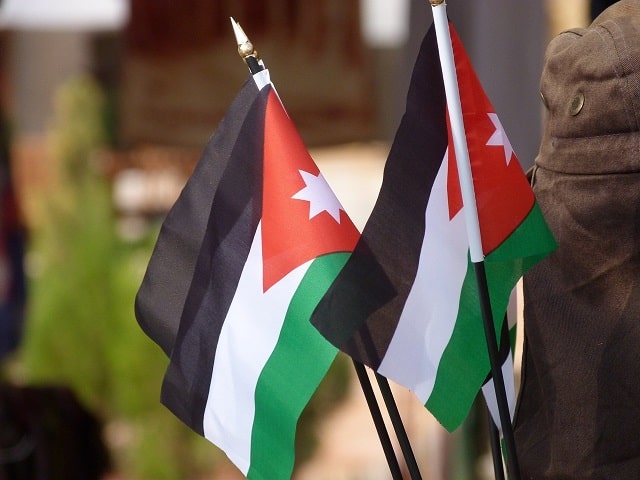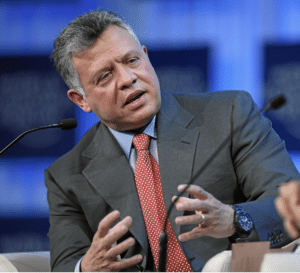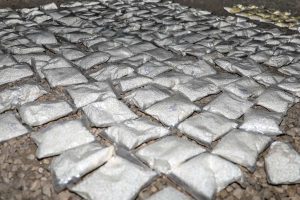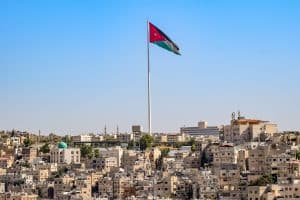Jordanians will be heading to the polls on November 10th to elect their 19th parliament. The Independent Elections Commission (IEC) reports 294 lists registered, comprising 1693 candidates of whom 20% belong to a political party.
After dismissing the past parliament, King Abdullah II swore in a new cabinet under Prime Minister Bisher Khasawneh, a veteran diplomat, tasked with overseeing the elections and leading Jordan through its worsening Covid-19 crisis. Khasawneh’s cabinet succeeds Omar Al-Razzaz’s, which contributed to the growing public discontent over the shrinking economy, worsening democratic rights and the handling of the coronavirus outbreak. The widespread discontent and general disillusionment with elections, paired with public health concerns over the rapidly growing number of coronavirus cases in Jordan, are leading experts to estimate turnouts as low as 25%.
Electoral law
This year’s election will follow the same open-list proportional representation system employed in 2016. The number and distribution of seats likewise remain unchanged, marking the first elections to maintain the exact same electoral law of its predecessor since the return of parliamentary elections in 1989.
Many political reformers and opposition politicians were disappointed by the preservation of the same electoral law which has proven to cause fractionalisation in parties, resulting in an apolitical and tribal parliament. Many oppositional figures have called for reapportionment of seats across districts to better represent the population distribution, rather than favouring the more tribal and loyalists rural districts.
No boycotts
Election boycotts have long been a popular method for opposition parties to voice their discontent, with major boycotts occurring in around half of all elections since 1989. This year, despite disagreements over the electoral law, almost all parties are participating in the elections. The Islamic Action Front, the political affiliate of the Muslim Brotherhood in Jordan and historically the largest opposition party, has confirmed its intent to participate in this election despite recent clashes with the government, including the shutting down of the Muslim Brotherhood of Jordan in July.
The Jordanian Social Democratic Party will be participating in elections for the first time on a platform of political, economic and social reform. The party presents nine candidates standing in nine different districts across Amman, Irbid, Zarqa, Madaba and Karak. Three of the nine candidates running are women, in line with the party’s policy for female empowerment and increased representation in political, economic and social spheres. The candidates are running in lists composed of politicians from various progressive, leftist and reformist parties.
In total, 47 out of the 48 registered political parties in Jordan are participating in these elections. The number of candidates belonging to a political party saw a remarkable increase from 7% of total candidates in 2016 to 20% in 2020. Analysts attribute this rise to a new law of public financing for parties based on participation in elections and seats won.
Campaigning under new conditions
Under the partial and intermittent lockdowns of the coronavirus crisis in Jordan, candidates have had to significantly alter their campaign strategies from previous cycles. Campaigns for elections in Jordan are usually characterised by large rallies and festivities open for all constituents. Under ever-increasing regulations for social distancing, in-person activities have been reduced to small meetings in campaign headquarters. The current situation has also led to the proliferation of social media use amongst electoral campaigns across the kingdom. Social media content for campaigns has also become more sophisticated, with more instances of well-produced videos and graphics to grab voters’ attention.
Possibility of rescheduling
Questions have arisen whether the country can safely hold elections under the extraordinary circumstances of the coronavirus crisis. Doubts on the date of the elections were put to an end after the dissolution of parliament by the king on September 27th. The following week, however, a commissioner of the IEC stated that the commission holds the legal right to postpone the elections and that they will consider this right based the likelihood of elections to worsen the current public health crisis. As the date of the election nears, the IEC becomes less likely to postpone. However, it is not completely out of the question, considering the recent spike in coronavirus infections in Jordan despite harsher and harsher measures instituted by the government.
By: Ameer Nimri
Sources: AlArabiya, AlBawaba, AlJazeera, AlMonitor, Jordan Times, The Arab Weekly, AlQuds, Arabi21, AlGhad, AlBayan
Photo: Needpix



